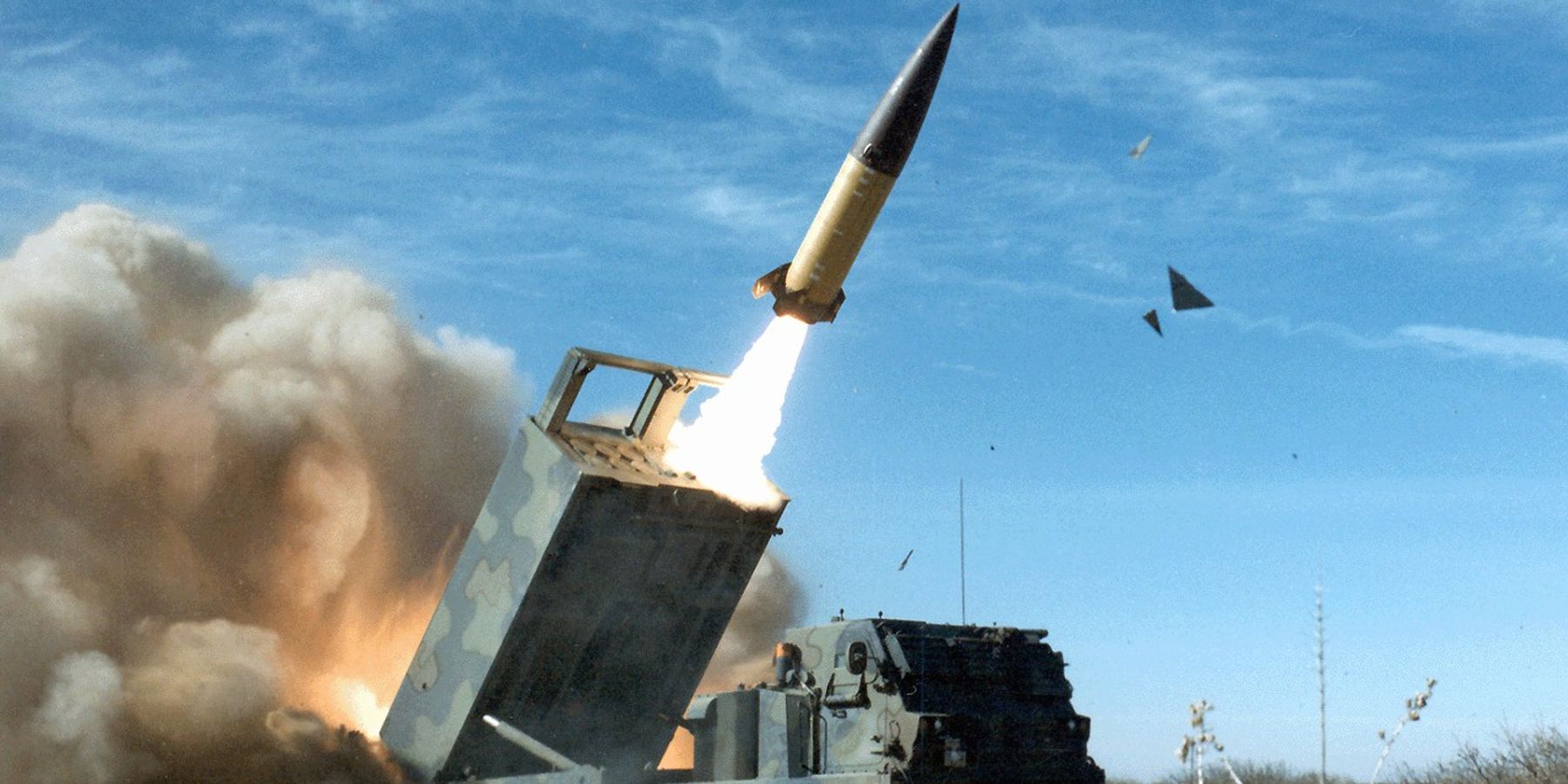It was widely expected, including by the victors of the 2024 presidential election, that the Biden government would ramp up its efforts through the end of the year to make it as difficult and costly as possible for a new administration to pursue a different course on Ukraine.
U.S. officials recently described this initiative as “Trump-proofing” their approach, and the White House decision to reportedly greenlight Ukrainian ATACMS strikes within Russian territory shows just how far the Biden administration is willing to go to handcuff President-elect Donald Trump to its Ukraine policy.
The announcement was tempered by some hedging, with officials telling the Washington Post that the initial missile strikes will “focus on and around” Russia’s southeastern border region of Kursk, though they “could expand” in the future.
The decision was preceded by weeks of public insistence by White House spokesman John Kirby and others that ATACMS strikes inside Russia offer limited operational value and are constrained by insufficient stocks. This kind of hair splitting and drastic policy reversal is not atypical of the Biden administration’s approach, with similar stories playing out in recent years over U.S. provisions of Patriot missile systems and HIMARS missiles to Ukraine.
The military logic by which these bans are imposed and subsequently lifted was always dubious at best, even as the stakes, and escalatory risks, have steadily crept up.
The administration cited alleged deployments of North Korean troops in Kursk as a major reason for lifting the ban. The goal, apparently, is to deter Pyongyang from deepening its involvement in Ukraine. This is a puzzling rationale. That there are discrete North Korean brigades fighting in Kursk itself is hardly an established fact. But their participation is a non-factor in determining the overall outcome of the war.
Additionally, Ukraine's armed forces can ill afford to deplete their minuscule ATACMS stocks on smatterings of DPRK personnel as opposed to the critical Russian military infrastructure — air bases, command and control (C2) centers, logistics and supply targets, etc. — that they would have had to prioritize with or without the North Korean presence in Kursk.
Then there is the fact that, as acknowledged by U.S. officials, the Russians have had months to prepare for this decision by redeploying critical assets out of range of Ukrainian ATACMS and bolstering their local air defenses. These attacks are not just operationally fraught but strategically bankrupt, as an ATACMS used to prolong Ukraine's unsustainable control over a sliver of Russian territory is one less ATACMS to stem Russia's significant advances in the eastern Kharkiv and Donetsk regions.
The intelligence community previously assessed that ATACMS strikes inside the Russian interior carry serious risks, possibly inducing Putin to restore deterrence with a major retaliation against the West. Biden administration officials, in attempting to justify their volte-face, are now arguing these risks have “diminished over time.” Yet neither this war's core dynamics nor the underlying logic of Russia's red lines has changed from two weeks ago, except to the extent that Ukrainian front lines are collapsing at an accelerated pace.
The only appreciable difference, one that is surely not lost on either Moscow or Kyiv, is the looming transition to a Trump administration that is planning to pursue a negotiated settlement in Ukraine as one of its first foreign policy items.
This decision also raises the corollary danger of similar reversals by Britain, which could grant Ukraine permission to use long-range Storm Shadow missiles, as well as accompanying green lights from France and Germany. Whereas Russia may be inclined toward leniency when it comes to the U.S. because of the presidential transition and Washington's overriding importance in steering the war to a negotiated conclusion, these allowances do not figure into Russian thinking on Ukraine's European partners and the bar for Moscow's retaliation against them may therefore be lower.
The Kremlin is thus presented with a powerful incentive not to retaliate against NATO in ways that would jeopardize impending peace talks. Yet this needlessly escalatory step has put Russia and NATO one step closer to a direct confrontation — the window to avert catastrophic miscalculation is now that much narrower.
Not incidentally, it creates yet another unnecessary sticking point between the incoming administration and Kyiv in what was already a difficult pre-negotiation process. It is, in its strategic confusion and tactical myopia, the tragic last bang of a US Ukraine policy that habitually prioritized “doing something” in the short to medium term over articulating and pursuing a credible endgame.
- Media consistently in favor of crossing Putin's red lines ›
- Not enough long range missiles to make a difference for Ukraine ›
- UK dutifully follows Biden into Ukraine doom spiral | Responsible Statecraft ›
















